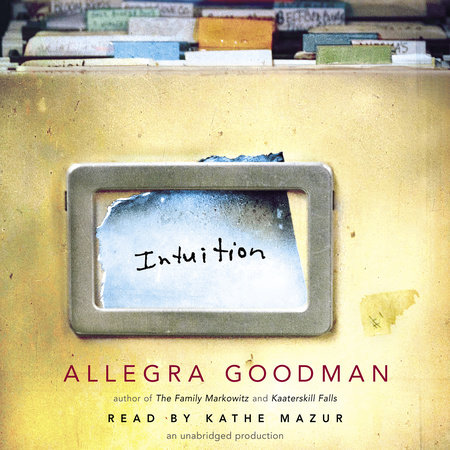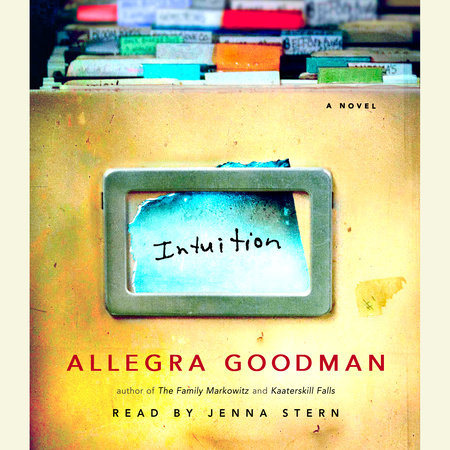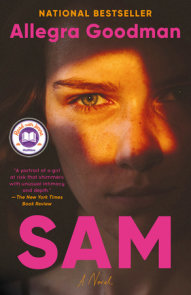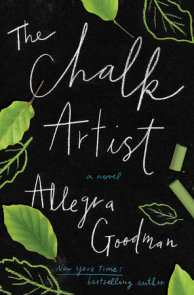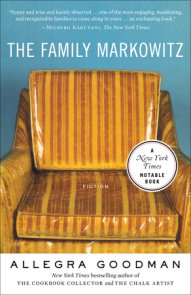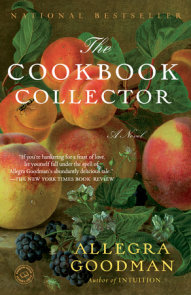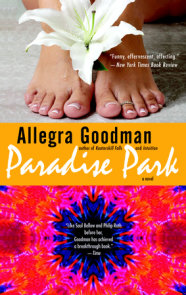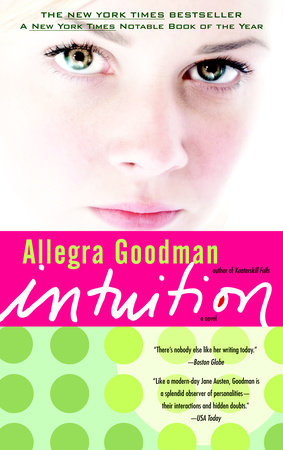

Intuition
By Allegra Goodman
By Allegra Goodman
By Allegra Goodman
By Allegra Goodman
By Allegra Goodman
Read by Kathe Mazur
By Allegra Goodman
Read by Kathe Mazur
By Allegra Goodman
Read by Jenna Stern
By Allegra Goodman
Read by Jenna Stern
Category: Literary Fiction | Science Fiction | Suspense & Thriller
Category: Literary Fiction | Science Fiction | Suspense & Thriller
Category: Literary Fiction | Science Fiction | Suspense & Thriller | Audiobooks
Category: Literary Fiction | Science Fiction | Suspense & Thriller | Audiobooks

-
$17.00
Mar 13, 2007 | ISBN 9780385336109
-
Feb 28, 2006 | ISBN 9780440335887
-
Feb 28, 2006 | ISBN 9781415931936
823 Minutes
-
Feb 28, 2006 | ISBN 9780739325254
347 Minutes
Buy the Audiobook Download:
YOU MAY ALSO LIKE
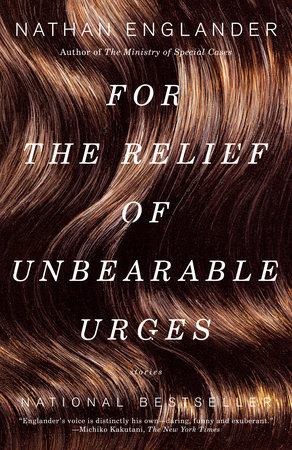
For the Relief of Unbearable Urges
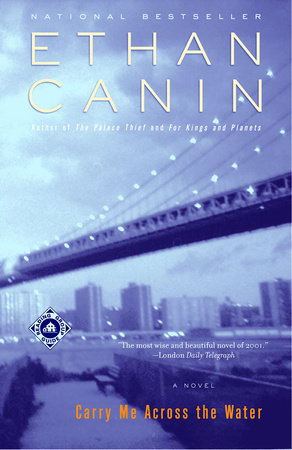
Carry Me Across the Water

Falconer
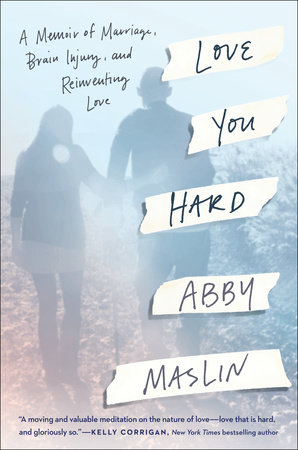
Love You Hard
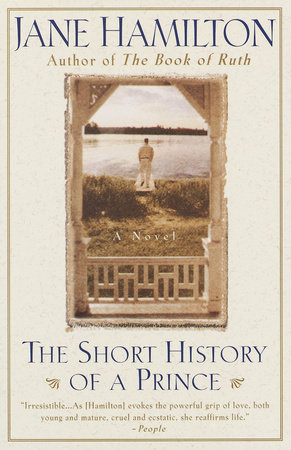
The Short History of a Prince
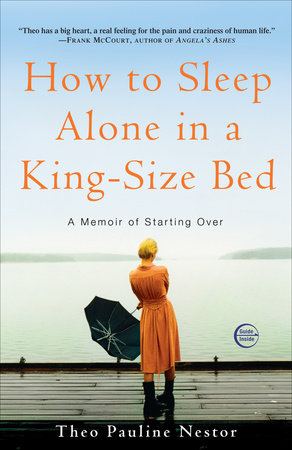
How to Sleep Alone in a King-Size Bed
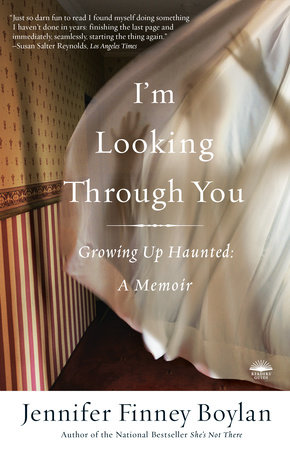
I’m Looking Through You
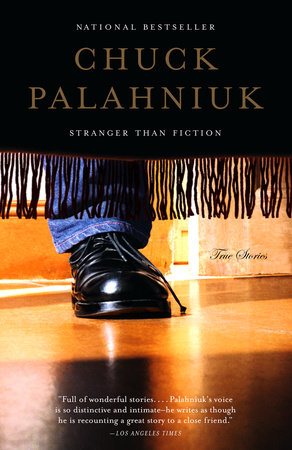
Stranger Than Fiction

The Bad News
Praise
"Goodman’s characters and story are luxuriously imagined…. [She] meticulously charts the insidiousness of doubt, showing how it metastasizes." — Newsday
"Superb…. a delicate analysis of how an ethics scandal filters through the sensibility of brilliant and brilliantly realized characters. It’s a tricky operation that Goodman performs with a precision of a scientist, and the flair of an artist at the top of her game. A." — Entertainment Weekly
"This is a story of love and science both gone wrong, and Goodman handles the narrative and its wide web of details with efficiency and grace, bringing a novelist’s eye to bear on a realm too often ignored."— O Magazine
"Powerful…. [An] extremely engaging novel that reflects the stops and starts of the scientific process, as well as its dependence on the complicated individuals who do the work…. A truly humanist novel from the supposedly antiseptic halls of science."— Publishers Weekly
"This brilliant novel shows a world of labs and researchers which seems unfamiliar to some of us, yet it’s a world intimately relevant to our existence—our fallibility and vulnerability. Page by page the story shimmers with insights into the subtlety and complexity of human psychology and relationships. Allegra Goodman writes like a master." —Ha-Jin, National Book Award winning author of WAITING and WAR TRASH
"What a feat, to pull off a large story of science and politics in the here and now, with beautifully drawn and compelling characters, with all the large and small details of their lives. What a gift not to pass judgement on any of them, to love each character equally and fairly. The ending is perfection." — Jane Hamilton, author of THE MAP OF THE WORLD and THE BOOK OF RUTH
“Goodman’s interests—if not always her sympathies—lie with her all-too-human albeit brilliant creations….her portrayals of these scientists, in and out of their lab coats, are of the richest texture. These characters are only as beset by vanity, selfishness, egotism as the rest of us. But in the fiercely competitive, high-stakes world of cancer research, it’s enough for careers–and lives–to be destroyed.” — Vogue
“The best major American novel of the year so far” — The New York Sun
“Winningly original…In smartly unfolding scenes of scientific intrigue, political maneuvering, romance, and complex alliances, these memorably drawn characters play out their personal and professional dreams and deceptions. Goodman transports us in a fugue state of first-class storytelling from the bare-bones basement of the Philpott to the gleaming halls of Congress and back,Ébring[ing] us that much closer to the heart of the matter: what it means to be–merely, magnificently–human.” — Elle
"Believe it or not, a thriller and a page-turner about scientific fraud. Brilliant." — The Guardian
“There’s something of the breadth and generosity of a Victorian “three-decker” novel in the skill with which Goodman threads her ingenious plot through an ambitious mobilization of terse confrontations and detail-crammed scenes…Top-notch in every respect. A superlative novel.” — Kirkus Reviews (starred review)
21 Books You’ve Been Meaning to Read
Just for joining you’ll get personalized recommendations on your dashboard daily and features only for members.
Find Out More Join Now Sign In









